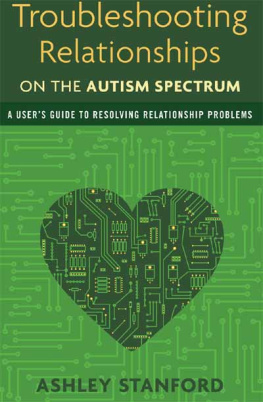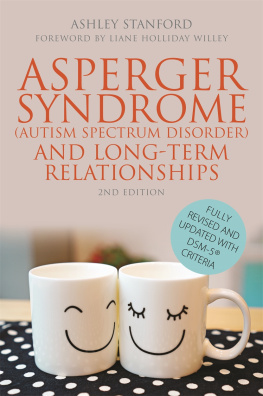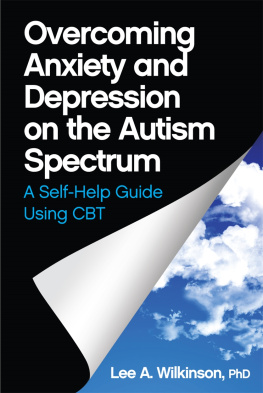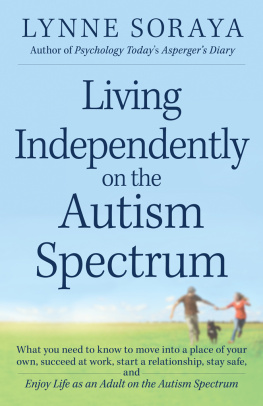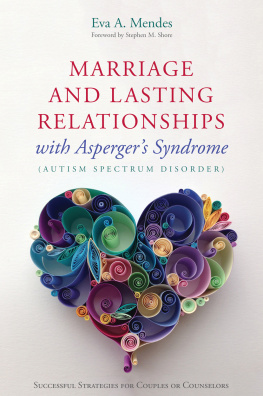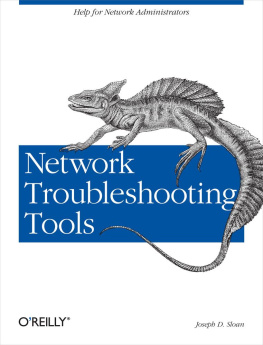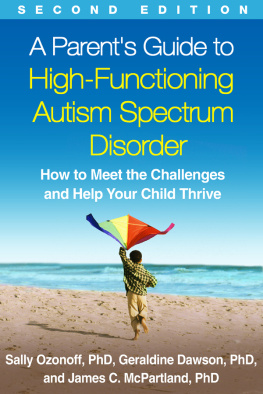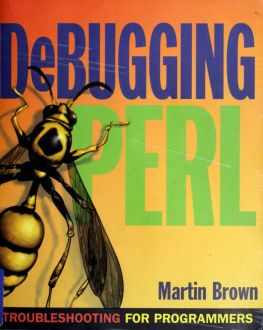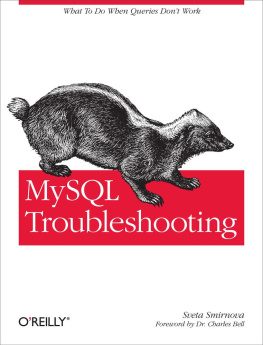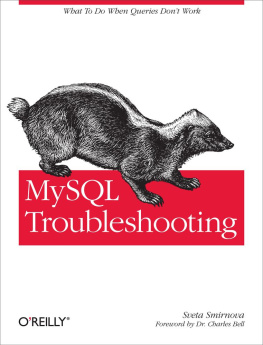by the same author
Asperger Syndrome and Long-Term Relationships
Foreword by Liane Holliday Willey
ISBN 978 1 84310 734 7
eISBN 978 1 84642 374 1
Business for Aspies
42 Best Practices for Using Asperger
Syndrome Traits at Work Successfully
ISBN 978 1 84905 845 2
eISBN 978 0 85700 501 4
of related interest
Love, Sex and Long-Term Relationships
What People with Asperger Syndrome Really Really Want
Sarah Hendrickx
Foreword by Stephen M. Shore
ISBN 978 1 84310 605 0
eISBN 978 1 84642 764 0
Alone Together
Making an Asperger Marriage Work
Katrin Bentley
Foreword by Tony Attwood
ISBN 978 1 84310 537 4
eISBN 978 1 84642 623 0
What Men with Asperger Syndrome Want to Know
About Women, Dating and Relationships
Maxine Aston
Foreword by Tony Attwood
ISBN 978 1 84905 269 6
eISBN 978 0 85700 554 0
22 Things a Woman with Aspergers Syndrome
Wants Her Partner to Know
Rudy Simone
Foreword by Tony Attwood
ISBN 978 1 84905 883 4
eISBN 978 0 85700 586 1
The Asperger Couples Workbook
Practical Advice and Activities for Couples and Counsellors
Maxine Aston
ISBN 978 1 84310 253 3
eISBN 978 1 84642 851 7
Troubleshooting Relationships
ON THE AUTISM SPECTRUM
A USERS GUIDE TO RESOLVING RELATIONSHIP PROBLEMS
ASHLEY STANFORD

Jessica Kingsley Publishers
London and Philadelphia
First published in 2013
by Jessica Kingsley Publishers
73 Collier Street
London N1 9BE, UK
and
400 Market Street, Suite 400
Philadelphia, PA 19106, USA
www.jkp.com
Copyright Ashley Stanford 2013
All rights reserved. No part of this publication may be reproduced in any material form (including photocopying or storing it in any medium by electronic means and whether or not transiently or incidentally to some other use of this publication) without the written permission of the copyright owner except in accordance with the provisions of the Copyright, Designs and Patents Act 1988 or under the terms of a licence issued by the Copyright Licensing Agency Ltd, Saffron House, 610 Kirby Street, London EC1N 8TS. Applications for the copyright owners written permission to reproduce any part of this publication should be addressed to the publisher.
Warning: The doing of an unauthorised act in relation to a copyright work may result in both a civil claim for damages and criminal prosecution.
Library of Congress Cataloging in Publication Data
Stanford, Ashley, 1969
Troubleshooting relationships on the autism spectrum
: a users guide to resolving relationship
problems / Ashley Stanford.
pages cm
Includes bibliographical references and index.
ISBN 978-1-84905-951-0 (alk. paper)
1. Autism spectrum disorders--Patients--Rehabilitation.
2. Autism spectrum disorders--Patients--Family
relationships. 3. Autistic children--Rehabilitation. 4. Social
interaction.. 5. Interpersonal relations. I.
Title.
RC553.A88S828 2013
616.85882--dc23
2013012245
British Library Cataloguing in Publication Data
A CIP catalogue record for this book is available from the British Library
ISBN 978 1 84905 951 0
eISBN 978 0 85700 808 4
Printed and bound in Great Britain
Dedicated to my best friend, husband,
and partnerone man, many roles.
Also dedicated to Eric and Katie who loaned me their home so I could have the time and space I needed to write. The world would be a much better place if there were more people like you.
CONTENTS
PREFACE
In a moment of painful honesty, my husband once said, I dont know how to do this.
What?
Be in a relationship, were the words he was seeking, but he was too stuck-in-the-moment to find even those words. He simply stood, looking confused and frustrated, like someone who is hungry but does not remember where the kitchen is located.
Despite all the books we had read and advice we had received, the whole relationship thing was still very much a mystery.
Is he supposed to agree with me on everything to keep the peace? Or disagree and stand up for himself, to show that he is in the relationship as an active partner? And once he disagrees, how does he get back to a peaceful relationship?
Often he experienced only confusion, but one day he crystallized the overarching problem into one sentence: There are too many variables.
He could not figure out how to interact in a complex relationship because there were too many convoluted, seemingly erratic, confusing variables to consider. So, we read more relationship books and worked hard to understand and analyze all the important aspects that needed to be considered. The harder we worked, however, the more we saw complexity, not solutions.
The final realization came when we both realized that the books on relationships were mostly counter-productive for us in our autistic spectrum disorder (ASD)-linked partnership. The books were based on foundational assumptions that were incorrect and sometimes even detrimental for our particular, uniquely quirky relationship that was deeply rooted in the traits of autism.
The ultra-logical brain works differently than other brains and this changes how we communicate. A couples ability to communicate respectfully is one of the most crucial factors in determining their long-term happiness. Perhaps someone with autism may be able to learn solid communication skills, but it is even more complex in an intimate relationship since it is not only the brain, but the body that is part of the equation. A whole different set of foundational principles needs to be in place in order to make sense of ones world from the spectrum-based perspective.
When there is occasional helpful advice in mainstream books on relationships, the advice is often obscured by a format that is not familiar to a logical person. The books talk about feelings as if they are something natural and easy to identify. Once, when reading yet another relationship book, I became so frustrated that I threw the book across the room and said in a mocking tone: An Aspie would never say, It makes me angry when you use that tone of voice!
For us, mainstream relationship advice books did not work, yet we both needed help.
Since I spent the early part of my career writing user manuals for various computer companies, the structure and style of user manual writing comes naturally. Writing a user manual for relationships would be foolhardy, however; the equivalent of writing a single user manual that would work for every type of computer ever made. There are too many different types of computers, too many different manufacturers, too many different types of components. Similarly, there are too many different types of individuals.
Humans are far more complex than machines. To be useful, everyone would need their own specific user manual since each person is unique enough to be their own model.
Instead of a user manual, it is far more useful to present a range of strategies that may work with the varying personalities with the assumption, for this particular book at least, that one or both of you has autism. ASD-linked couples of every variety should find useful information within these pages.
The purpose of this book is to present the most relevant strategies that will give you a set of techniques which have the highest probability of working to increase the happiness quotient in your relationship.
Next page
